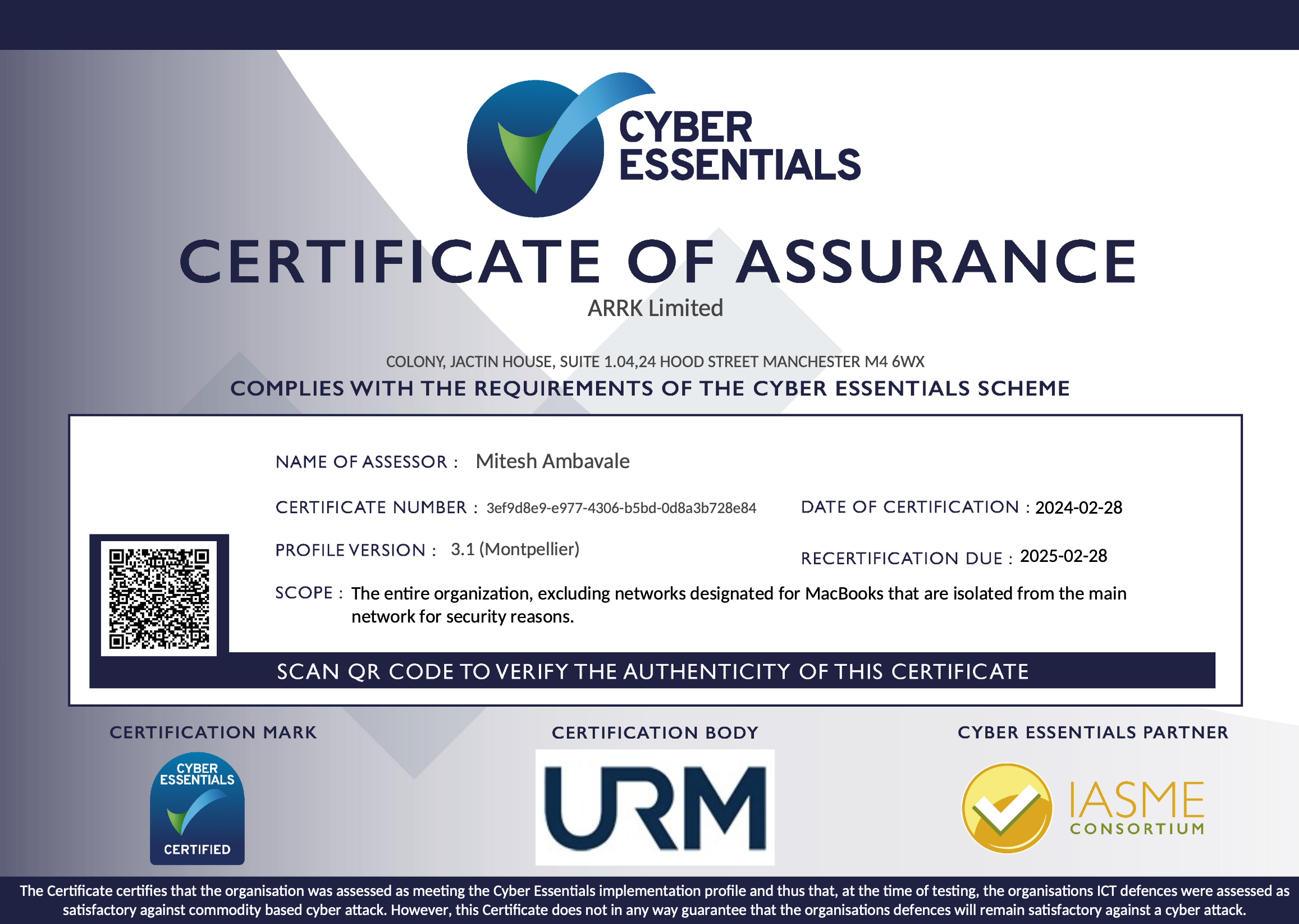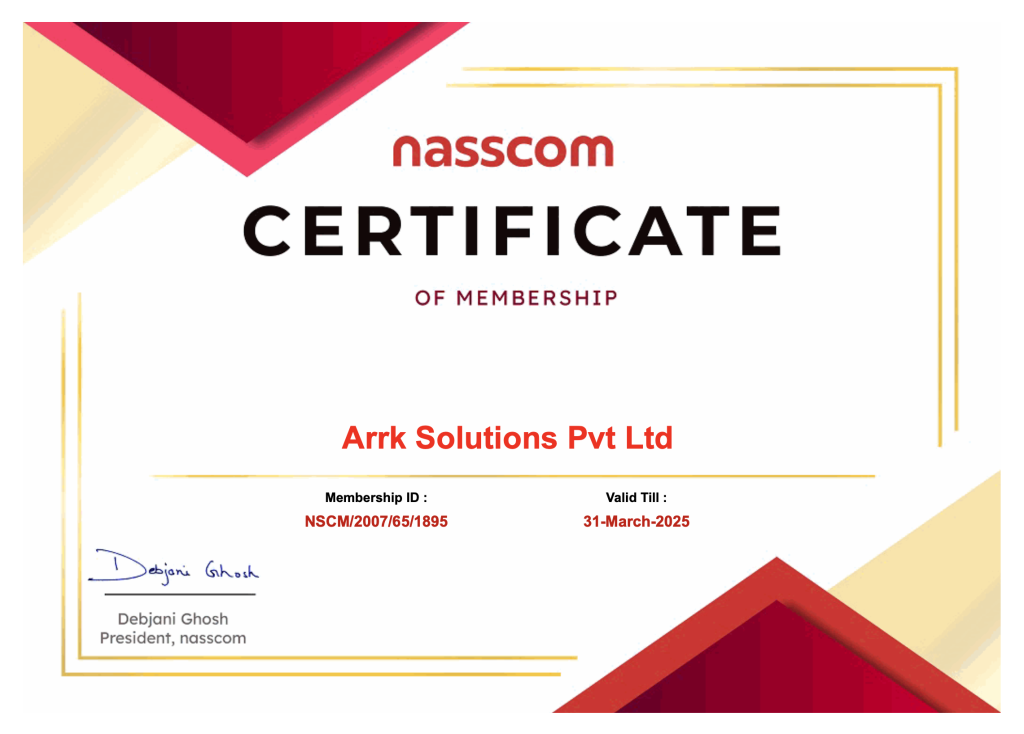The Importance Of Getting The Discovery Phase Right
By Team Arrk |
|
4 mins read |

Imagine starting a business without examining the market first; or hiring a new employee without carrying out an interview. Both scenarios seem almost unthinkable: yet, a host of organisations are still launching their digital projects while overlooking the discovery phase.
Chances are, if you’ve had a project that’s gone awry, you can trace the root cause back to the fact that the requirements and goals of the project weren’t understood from the beginning; or something changed during the project. With a thorough discovery phase you can help avoid the first problem while enjoying superior management of the second.
Discovery phase of a project | Why do you need it?
In the eyes of many project managers, a discovery phase is just a way to neglect a launch and often a waste of money. However, they very often regret its omission very quickly.
The idea behind a discovery phase is that it is meant to reduce the risk of failure and ensure that when you launch you have maximised the potential of the project and are able to make a flying start. It represents a chance to test the market while sharing ideas and examining each angle available to understand your business both inside and out.
Wait… what exactly is the discovery phase?
Think of the discovery phase as a vital stage in the project. This is when you will work alongside your team in an effort to establish a deep understanding of what your expectations of the project really are. You can outline what you want to achieve, including:
- Outputs | What are the major deliverables, including reports, applications and websites.
- Outcomes | What are the expected results of the project? For example, if it’s a website, what are your expectations in terms of daily visitors or monthly revenue?
The idea here is to develop an effective blueprint: a story for your project. Reducing risk should be your goal – both in terms of overspending and creating an incorrect solution. So outline a project goal statement that includes exactly what you want the project to achieve – both for new clients and for the business; cost savings; potential visual designs with an outline of how the website will look and possible user flows; functional requirements that detail what the website will do; and information architecture that explains what content should be displayed and how accessible it will be. In addition, make sure you include a project schedule that outlines all major milestones; and an overall cost estimate.
Is a Discovery Phase truly agile?
Given that so much of the Agile philosophy revolves around “Fail Fast, Fail Often”, all of this planning and analysis may not sound like it fits into the general picture.
However, the Discovery Phase should actually be looked at as a first sprint: it is meant to find a road map for the project and is an opportunity for business stakeholders and technology providers to ensure they are working with the same goals in mind. Just remember that even though you are outlining requirements and needs now, they will still need to evolve over time – especially as new information is made available or as external events occur. At Arrk Group we call our discovery phase EmbArrk™ and we like to include lots of interactive workshops and sessions which aim to capture all stakeholder requirements to shape the direction and scope of the digital project.
Discovery Phases and Digital Agencies
Not every digital agency will make use of a Discovery Phase. However, the fact is that few can provide accurate estimates if they do not make a detailed analysis. Instead, they are forced to make a “best guess” approach which can have mixed results.
In a best case scenario, agencies will attempt to factor in unknown scenarios as a contingency plan and as a way of saving costs. The very best companies however, will usually refuse a project because they won’t want to risk their integrity by leaving the chance for a lack of a success.
By contrast, in a worst case scenario, agencies may be desperate for work and ignore the potential risks involved. They will often make bids that are below the true value of the project and hope to charge the client further at a later stage after they have claimed the project as their own.
As such, it’s worth looking for a digital agency that truly understands that what your objectives are from the outset.
Discovery Phase | Customers benefit too
By developing a plan for the entire architecture of your digital product, your customers will ultimately reap the rewards. It will highlight that you care about how satisfied they are and ensure the user experience is enhanced. They may not know about all of your meetings and the stages that went into its production: but they will be satisfied with its usability from the get-go.
Of course some complaints are always likely to occur: but without a discovery phase you risk walking in blindly without understanding how the guest posts, social media, landing and product pages all fit together.
In summary, the Discovery Phase is all about heightening the chances of success and limiting the risks of failure: and what could make more sense than that?
Why not take part in our interactive workshop EmbArrk™ and we can help through the discovery phase to make sure your business goals and project objectives are aligned.









